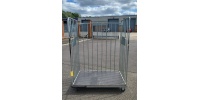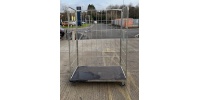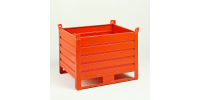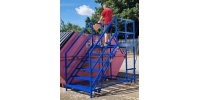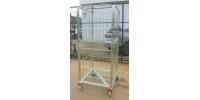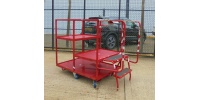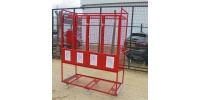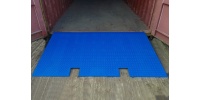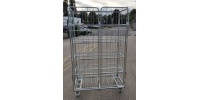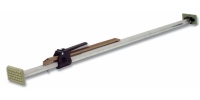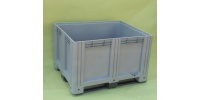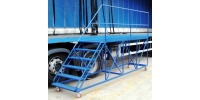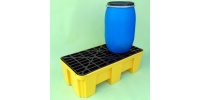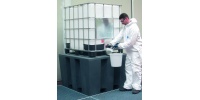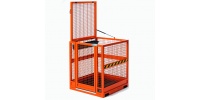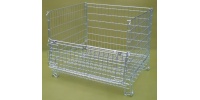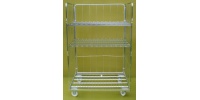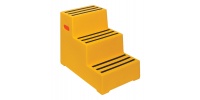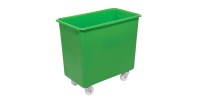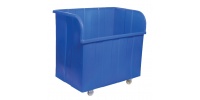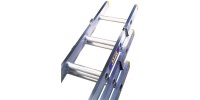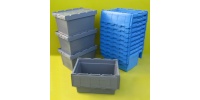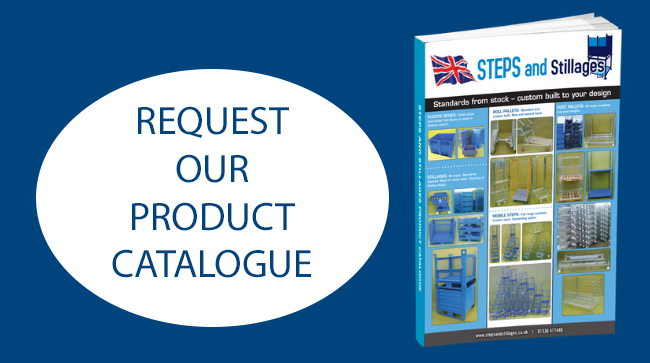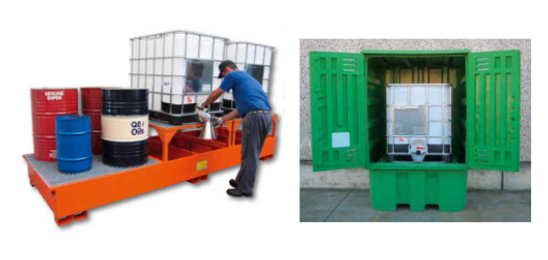
Spill containment pallets are effective at protecting surfaces from chemical spills and leaks. They are made of polyurethane or steel and can withstand a wide range of chemicals without causing corrosion or reactions. Steel pallets can handle the broadest range of corrosive substances and are the sturdier product – with a price that reflects this. Polyurethane pallets are cheaper and more commonly used, but are more easily damaged and cannot be used with certain highly corrosive substances.
Most spill containment pallets have low-rise walls that give you convenient access when disposing of spilled liquids. All pallets manufactured in the UK or EU comply with spill containment regulations for the safe holding and transportation of volatile chemicals and acids. Some spill containment pallets have translucent sides so that you can quickly determine when there is a leak or spillage. Depending on the manufacturer, you may get a warranty of up to five years against any material or work defects.
While both steel and polyurethane pallets serve the same focus – to safely contain spillages – how do you decide which type best suits your requirements?
The Chemical You Transport
The type of chemical you transport or intend to hold will determine the kind of spill containment pallet you purchase. If you are dealing with flammable or combustible liquids, you may have to ascertain that the conditions are right in order to enhance safety. We recommend a steel pallet for highly combustible or volatile fluids.
The Amount Of Ventilation Required
You must check the ventilation required to foster smooth transportation. In many cases, combustible liquids cause a build-up of ignitable ambient vapours that may cause a fire if the pallet lacks enough ventilation. As such, you must check for the ventilation required beforehand. This varies from model to model.
The Fire And Heat Resistance Level
The spill containment pallet must be suitable to prevent fires or the incremental build-up of heat.
Steel pallets have better resistance to heat them polyurethane pallets and are not at risk of melting!
Static Accumulation And Discharge
Transporting volatile chemicals, oils, and acids can cause static electricity to accumulate as the compounds move around in their containers. This risks a sudden static discharge if the build-up is grounded, and can cause a fire if flammable materials are nearby. We recommend choosing a pallet with inbuilt static accumulation and discharge controls if this is a known risk. These pallets are fitted with grounding devices that safely grounds static electricity before it accumulates to an unsafe level.
The Proximity Of The Spill Containment Pallet To Heat Or Ignition Sources
Depending on the material you intend to store or ferry, some will be dangerous when placed close to ignition sources. Check that the pallets can be stored at a safe distance from ignition sources. If not, you’ll need to purchase a pallet with enhanced fire safety protection and insulation.
Next Steps
At Steps & Stillages, we stock a wide range of spill containment pallets for all types of volatile fluid storage and transportation. Please get in touch today to find out more.

